“Revolutionizing the Gaming Realm: How AI is Transforming the Future of Game Development”
Introduction
Artificial Intelligence (AI) has made significant strides in recent years, influencing various industries, including healthcare, finance, and automotive. The gaming industry is no exception, with AI playing a crucial role in transforming how games are developed, designed, and experienced by players. In this article, we will explore some of the ways AI is revolutionizing game development, including procedural content generation, advanced character behavior, and more.
1. Procedural Content Generation
One of the most significant impacts of AI in game development is the ability to generate content procedurally. Procedural Content Generation (PCG) involves the use of algorithms to create game assets, such as levels, characters, and items, without the need for human intervention. This not only saves time and resources but also allows for a more dynamic and immersive gaming experience.
For example, games like No Man’s Sky and Minecraft use PCG to create vast, explorable worlds with unique environments and ecosystems. The incorporation of AI in PCG has made it possible for developers to design games with near-infinite replayability, as players can explore new, procedurally generated worlds every time they play.
2. Advanced Character Behavior
Another area where AI is making a significant contribution to game development is the creation of more sophisticated and realistic Non-Playable Characters (NPCs). Traditionally, NPCs have been limited by pre-scripted behaviors, resulting in predictable and repetitive interactions. AI, however, enables the creation of dynamic, responsive, and intelligent NPCs that can adapt and respond to player actions in real-time.
By using machine learning algorithms and deep learning techniques, developers can create NPCs that learn from player interactions, allowing them to exhibit more human-like behavior. This level of realism not only enhances the gaming experience but also opens up new possibilities for storytelling and character development.
3. Improved Game Physics
AI also plays a vital role in enhancing game physics, making in-game interactions more realistic and immersive. By using AI-driven algorithms, developers can create complex physics simulations that more accurately mimic real-world phenomena, such as fluid dynamics, particle systems, and rigid body dynamics.
For instance, AI can help simulate realistic water behavior, including waves, splashes, and buoyancy, adding a new level of immersion to games. Improved game physics also allows for more authentic interactions between characters and the environment, making gameplay feel more natural and engaging.
4. Enhanced Player Experience
AI-driven technologies, such as natural language processing and sentiment analysis, can help developers gather valuable insights into player behavior, preferences, and experiences. By analyzing player data, developers can create personalized gaming experiences tailored to individual preferences and playstyles.
AI can also be used to develop adaptive difficulty systems, where the game adjusts its challenge level in response to a player’s skills and progress. This ensures that players always have an engaging and enjoyable experience, regardless of their skill level.
5. Streamlining Game Development
AI not only improves the gaming experience for players but also streamlines the game development process for developers. By automating tasks such as asset creation, animation, and bug testing, AI allows developers to focus on more critical aspects of game design, such as storytelling and gameplay mechanics.
Moreover, AI-driven tools, like neural networks, can help developers optimize game performance, reducing the time required for QA testing and debugging. This ultimately leads to faster development cycles and more efficient use of resources.
Conclusion
AI is undoubtedly transforming the future of game development, ushering in a new era of innovation and creativity. As AI continues to advance, we can expect even more exciting developments in gaming, leading to more immersive, engaging, and personalized experiences for players.
From procedural content generation and advanced character behavior to improved game physics and streamlined development processes, AI is truly revolutionizing the gaming industry. The future of gaming is undeniably bright, and we can’t wait to see what new adventures AI has in store for us.

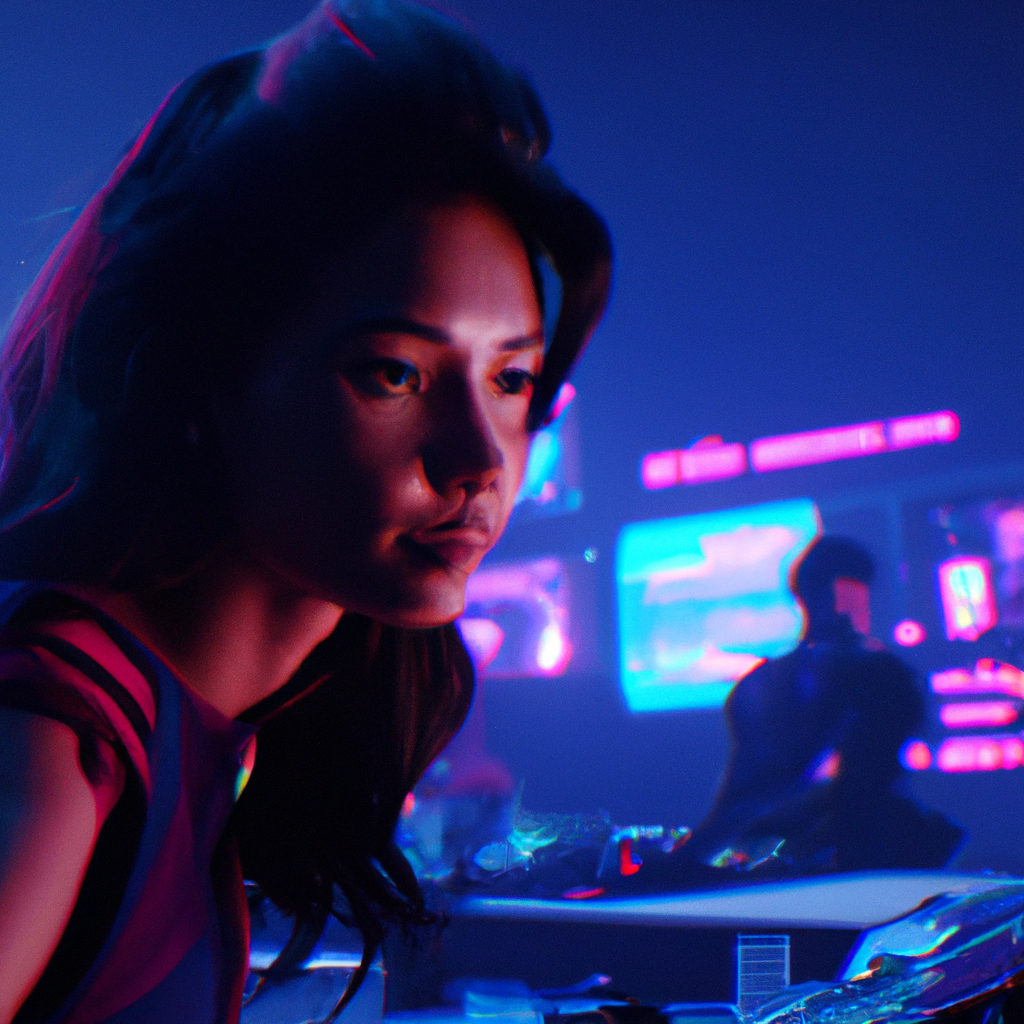

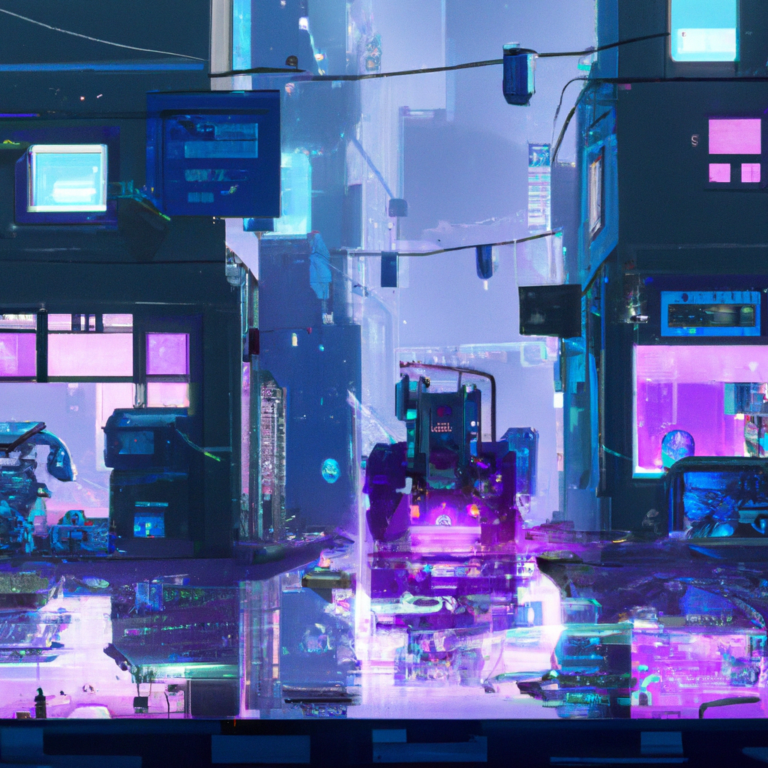
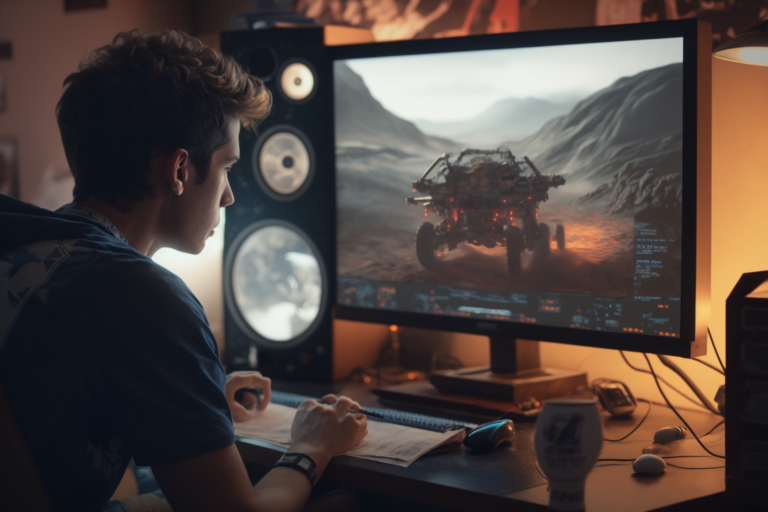
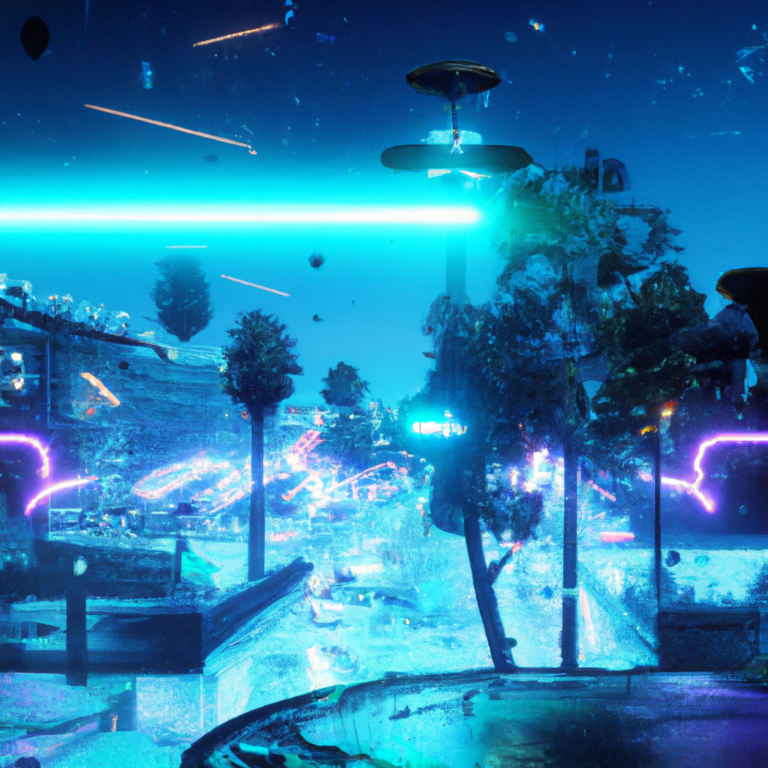
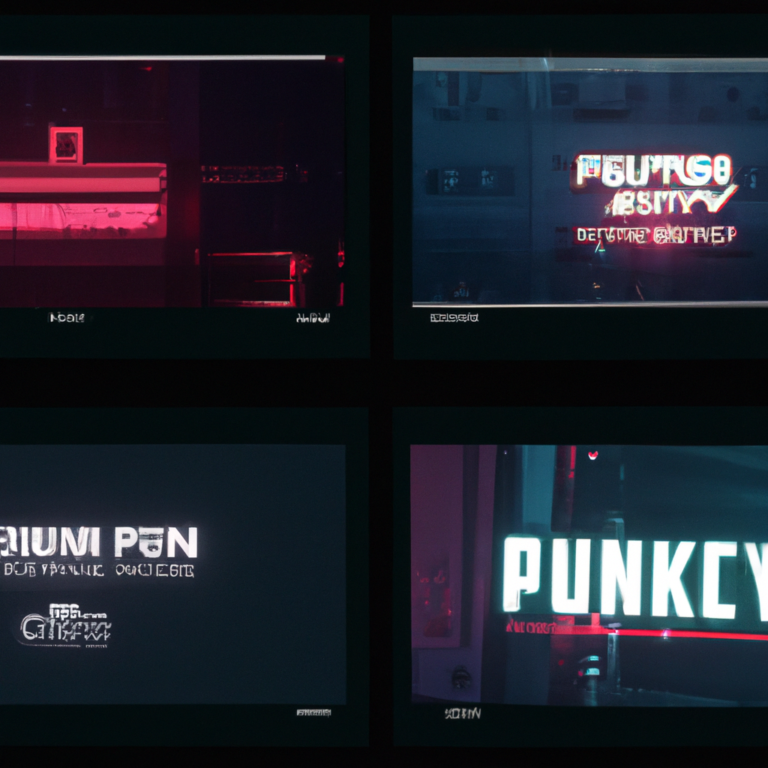
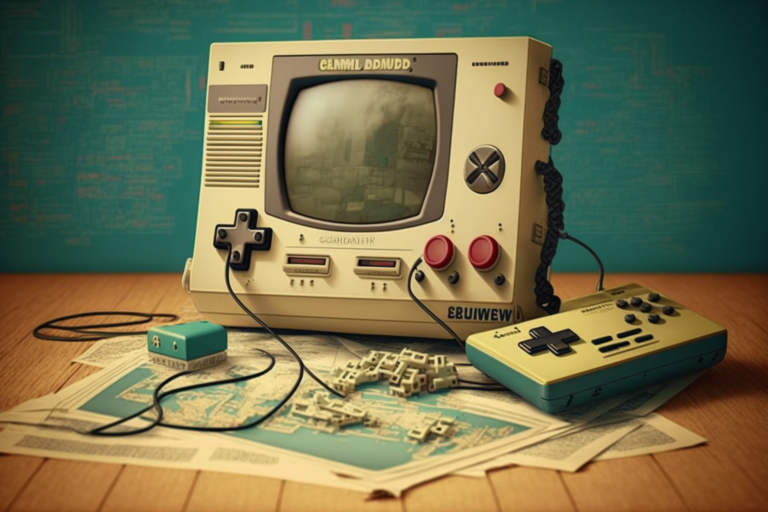
I really liked your take on what’s to come with AI. I’m excited with what it can do just by overanalyzing fixes and bugs, it will definitely take it to the next level!